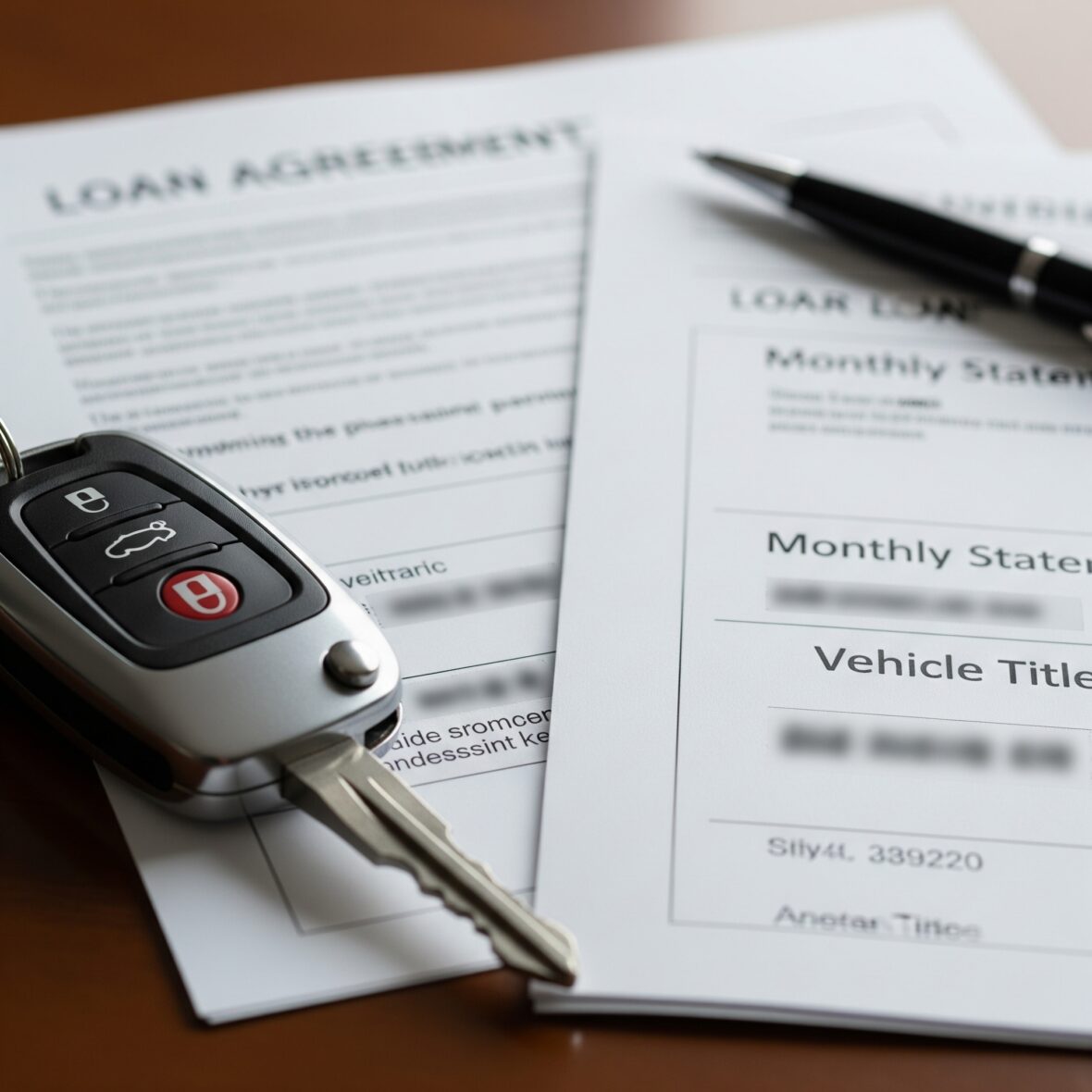
Why Have UK Car Insurance Premiums Risen, Are They Starting to Fall?
If you’ve been checking car insurance quotes recently, you may have noticed a big jump in premiums over the last few years, followed by signs…

Buying a car on finance is common in the UK, whether through a hire purchase, personal contract purchase (PCP) or lease. But for many drivers, a key question arises: can I insure a car that’s still on finance? The answer is yes, but there are important considerations that can affect your coverage, premiums and legal obligations.
Finance is a term often used interchangeably to describe types of loans. However, when talking in respect of car purchase, it’s aligned to products that are set up in a particular way. When you buy a car on car finance, usually the finance provider retains ownership the vehicle until you complete the contract. This means your car is subject to the lender’s terms and conditions, which often include mandatory insurance requirements. Most finance agreements require the car to be insured comprehensively, covering damage, theft and third-party liability.
Failing to meet these requirements could breach your finance agreement, potentially resulting in penalties or the finance provider repossessing the car. Therefore, understanding your obligations is the first step before arranging insurance.
Drivers can choose from several types of cover for financed cars:
Comprehensive Insurance – Offers the highest level of protection, covering your car, other people’s vehicles, property damage and personal injury. It is usually required by finance providers.
Third-Party, Fire and Theft – Covers damage to other people’s property and vehicles and protects against theft or fire. This may be accepted by some lenders but is less common.
Third-Party Only – Provides minimum legal coverage for damage to others. Most finance agreements do not accept this level of insurance.
Cars on finance can sometimes attract higher premiums for several reasons:
It’s worth comparing quotes online or through brokers to ensure you’re getting competitive rates that meet your finance provider’s requirements.
When insuring a financed car, you may also want to consider:
Not arranging appropriate insurance can have serious consequences:
Check your finance agreement carefully – Understand the insurer requirements, minimum cover and any additional obligations.
Compare insurance quotes – Make sure the cover meets both legal requirements and your lender’s terms.
Consider gap insurance – Particularly if you’re on a PCP or hire purchase.
Keep your lender informed – Notify them of any significant changes, such as modifications or changes to your insurance policy.
Be honest with your insurer – Provide accurate information about the finance arrangement to avoid claim issues.
Insuring a car on finance is not complicated, but it requires careful attention to detail. Finance providers usually insist on comprehensive insurance, and failing to comply can have financial, legal and contractual consequences. By understanding your obligations, comparing insurance options and considering additional coverage like gap insurance, you can protect both yourself and your investment.
Being thorough ensures peace of mind, knowing that your car is protected, your finances are secure and you’re complying with UK law. With the right preparation, financing and insuring your car can be a smooth process that allows you to enjoy your vehicle safely and responsibly.
More Articles

If you’ve been checking car insurance quotes recently, you may have noticed a big jump in premiums over the last few years, followed by signs…

For many drivers, there are situations where you might need to drive a car you don’t own. Perhaps you’ve borrowed a friend’s vehicle, a family…

If you’ve ever compared car insurance quotes in the UK, you may have noticed the term “insurance group” appear alongside car models. Understanding what insurance…
About This Page
Our articles, guides & reviews are provided as generic information only. Any expressed view, product or service mentioned within these does not constitute as financial advice or recommendation by us.
Be mindful that information may have changed since publication
Compare Personalised Insurance Quotes In Minutes
Compare Now